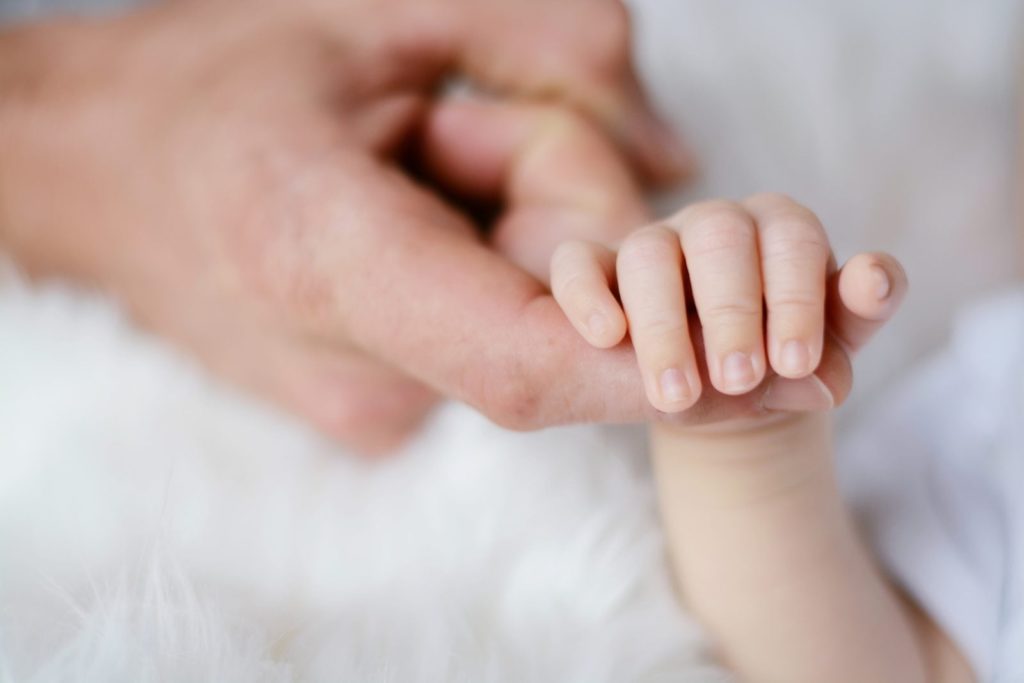Utah Supreme Court Rules Ban on Surrogacy for LGBT Couples is Unconstitutional
n a ruling on Thursday (August 1), Chief Justice Matthew Durrant said “same-sex couples must be afforded all of the benefits the State has linked to marriage and freely grants to opposite sex-couples.”
The case was brought to the Supreme Court by an unnamed married gay couple in 2017, after a judge refused to approve their surrogacy agreement with a heterosexual couple.
At the time, Utah’s law only permitted surrogacy if the “intended mother is unable to bear a child or is unable to do so without unreasonable risk to her physical or mental health or to the unborn child.”
The judge argued that the law’s use of the words ‘mother’ and ‘her’ plainly referred to a woman, and that because neither of the legally married intended parents were women, he could not permit the surrogacy.
This law was written before gay marriage was legalised in the US in 2015.
But this week the Justices of the Supreme Court ruled unanimously to strike down this portion of the law, which presents a major barrier to parenthood for those in same-sex marriages.

“A valid gestational agreement is undoubtedly a benefit linked to marriage,” Chief Justice Durrant wrote.
“Obtaining a valid gestational agreement is, in many cases, one of the most important benefits afforded to couples who may not be medically capable of having a biological child. Such an agreement works to secure parental rights to an unborn child and bestows rights and benefits on the intended parents.
“The State has explicitly conditioned this benefit on a petitioner’s marital status; no unmarried couple may obtain one. It is therefore unquestionably linked to marriage.”
The gay couple who challenged the law say they hope that the landmark ruling “will help Utah’s law overcome the barrier of discrimination.”